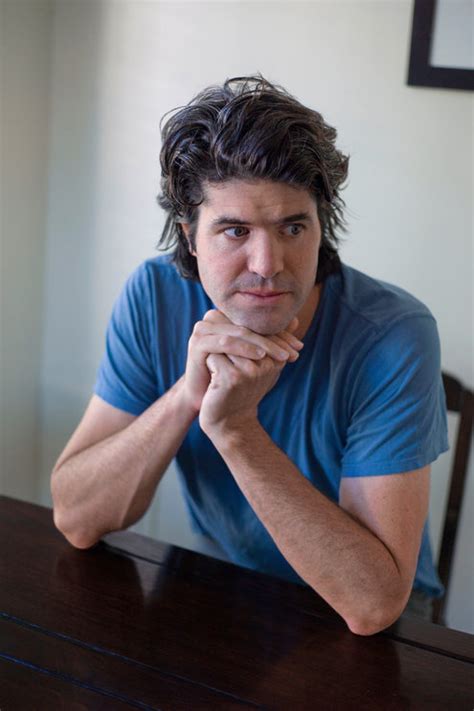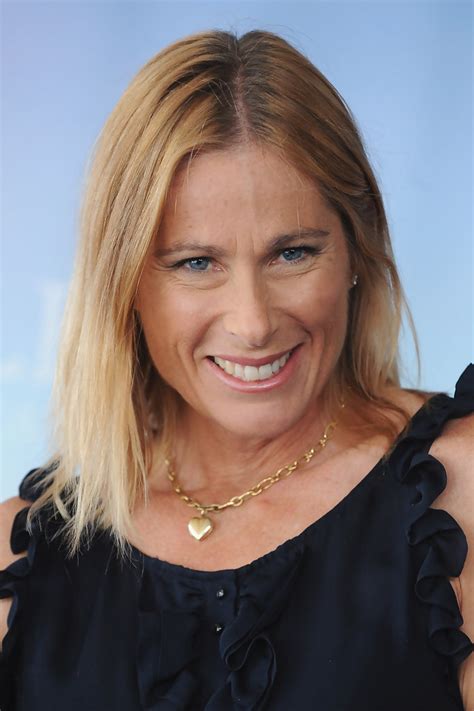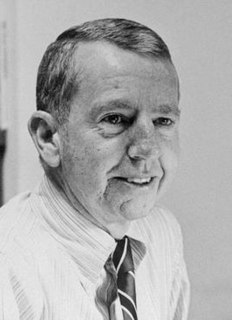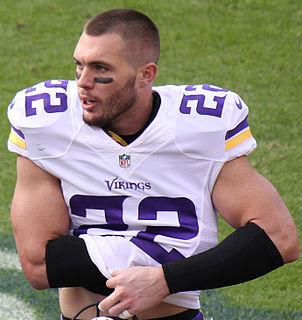A Quote by Alec Soth
I'm a project-based photographer; I think in narrative terms, the way a writer thinks of a book, or a filmmaker a film.
Related Quotes
I left film because I felt that photography was my art. It was something I could do on my own, whereas film was so collaborative. I thought as a photographer I could make something that was artistic and that was mine, and I liked that. And it wasn't until I got back into film and I have very small crews and I could do very tiny filmmaking that wasn't 100 people that I still felt that I was making something artistic as a filmmaker. So, you know, I'm an artist, and whether it's photography or film, I want my voice to be there and I think my voice is very strong in this film.
Because for me to go fully experimental, it would turn into an artist book actually. And I'm not opposed to that. But I wanted to toy with the conventions of traditional narrative and sometimes to do that all the way, you have to actually utilize traditional narrative, I think - or it's one way to do it.
In this land of unlimited opportunity, a place where, to paraphrase Woody Allen, any man or woman can realize greatness as a patient or as a doctor, we have only one commercial American filmmaker who consistently speaks with his own voice. That is Woody Allen, gag writer, musician, humorist, philosopher, playwright, stand-up comic, film star, film writer and film director.
I needed to do a lot of saying no. I had a lot of [interest] from people who I just didn't think were quite right for it. And I didn't want a bad film to be made of the book, either a sentimental one or a creepy one, so I did a lot of, "No thank you." Then when the right filmmaker came along, yes, I suppose I presented myself very much as wanting to be the writer.




































